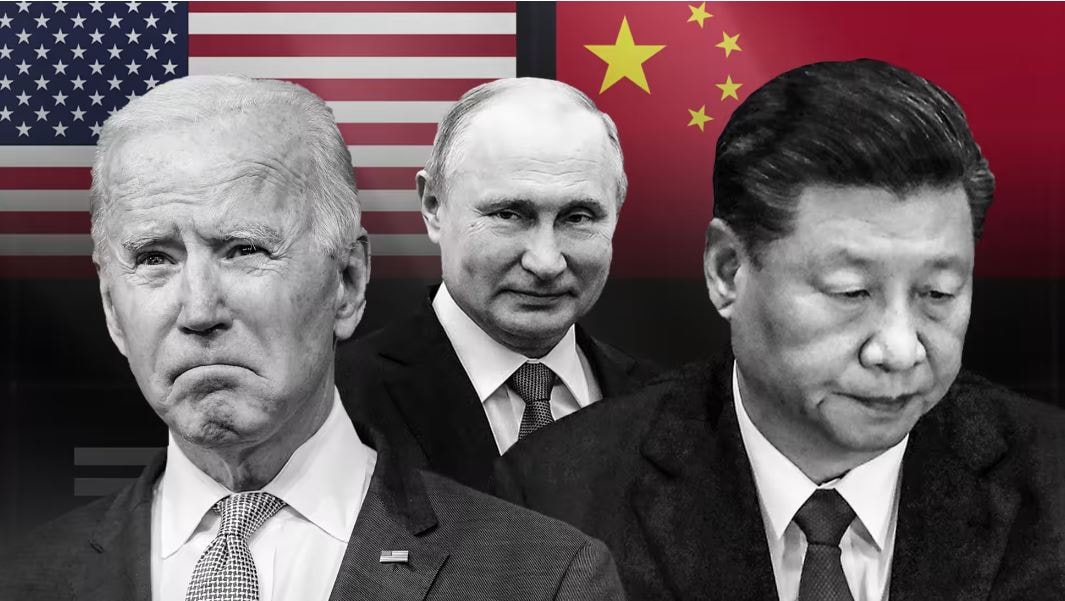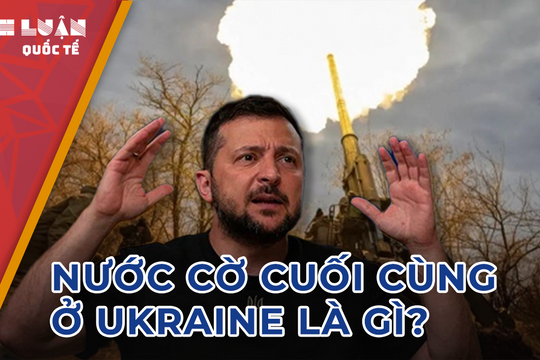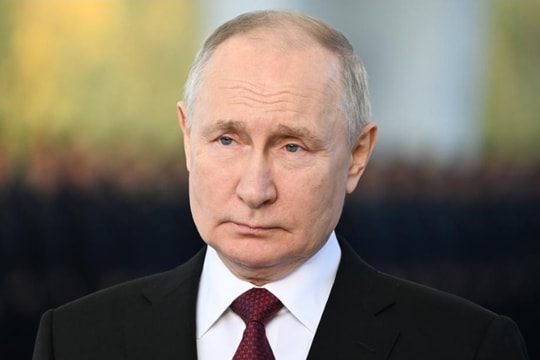The West enters an era of geopolitical balance of power.
(Baonghean.vn) - The West is gradually losing its strength when facing many tasks. The world is entering a new geopolitical era, based on the balance of power, but it is far different from the time before World War I. Because in 2023, there are more "players" on the international stage than in 1910.

In a commentary in the Telegraph, former British Foreign Secretary Dominic Raab said that now, as the war in the Gaza Strip threatens to spread across the Middle East, as the stalemate in Ukraine increases, and many governments are struggling to contain inflation, the US-led Western alliance is losing strength because it has to deal with many geopolitical issues around the world at the same time.
The trust and unity of the bipolar and Cold War era has been replaced by a more complex, multipolar world, according to Dominic Raab. The rise of the East – led by China and India – has led to a relative decline in the power of the West. Domestic political polarization, from the US to Slovakia, has given rise to a more pragmatic approach to national interests.
The negotiations have hit some fairly obvious snags. The European Union and Australia, for example, have yet to reach agreement on a free trade agreement. Internationalism in foreign policy is fading, giving way to a more assertive realism.
“We are once again entering an era of geopolitics based on the ‘balance of power’. But it is different from the model that emerged before World War I. Because there are more ‘players’ on the international stage in 2023 than in 1910,” said former British Foreign Secretary Dominic Raab.
In the digital world, governments have to respond much faster, and transnational threats – from pandemics to climate change – have attracted the greatest attention, Mr. Dominic Raab noted.
In the US, whether Donald Trump or President Joe Biden wins the 2024 election, it is likely to adopt a less interventionist stance and be more vocal about Europe’s desire to “sit freely under the American security umbrella.” The EU will crave greater strategic autonomy. However, some countries may refuse to provide Brussels with funds.
As a result, the supply of weapons to Ukraine is unlikely to meet the country's needs. Therefore, the stalemate in the conflict in Ukraine will only get worse.
This shifting kaleidoscope also presents opportunities for middle-sized countries, according to Dominic Raab. Whether it’s peacekeeping and investment efforts in East Africa, trade and maritime cooperation in Southeast Asia, or stabilizing supply chains for critical minerals in South America…
“The emphasis on pragmatism will overshadow the “showy tweets”. People and investors will learn to see clearly what is hidden behind the empty press releases. If reason prevails, the world may realize that a pragmatic approach will lead us to a more stable era” – former British Foreign Secretary Dominic Raab commented./.



